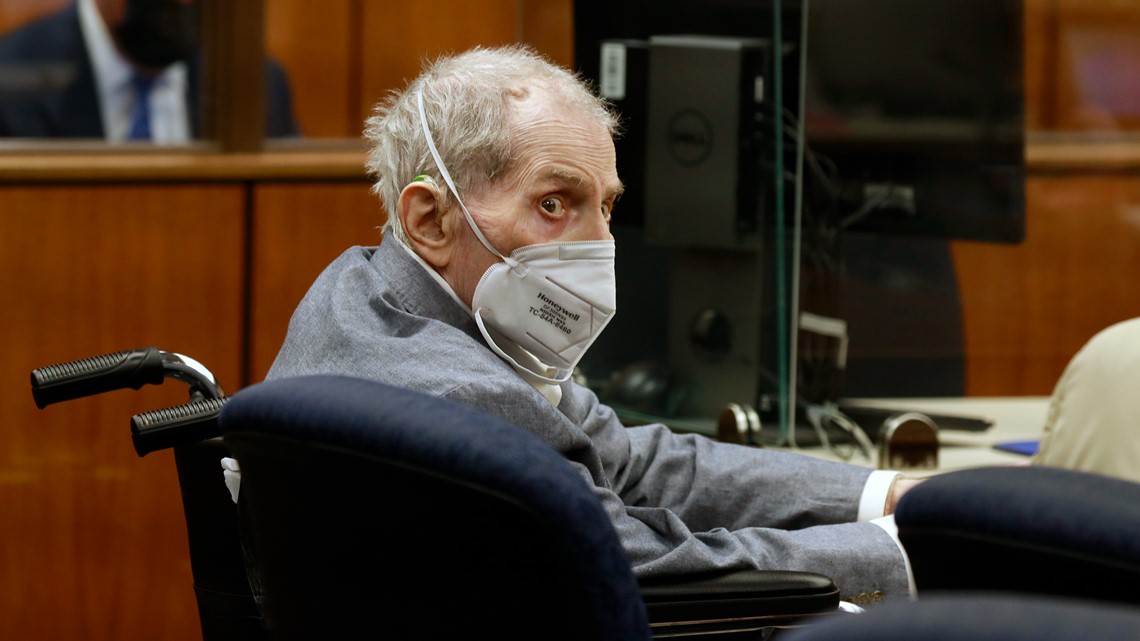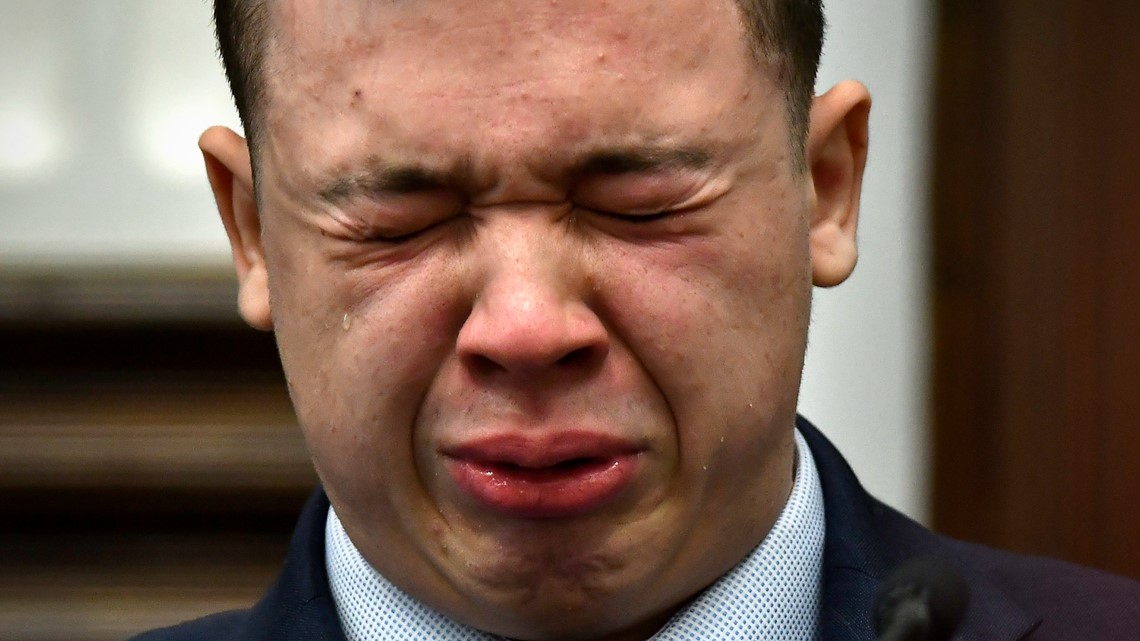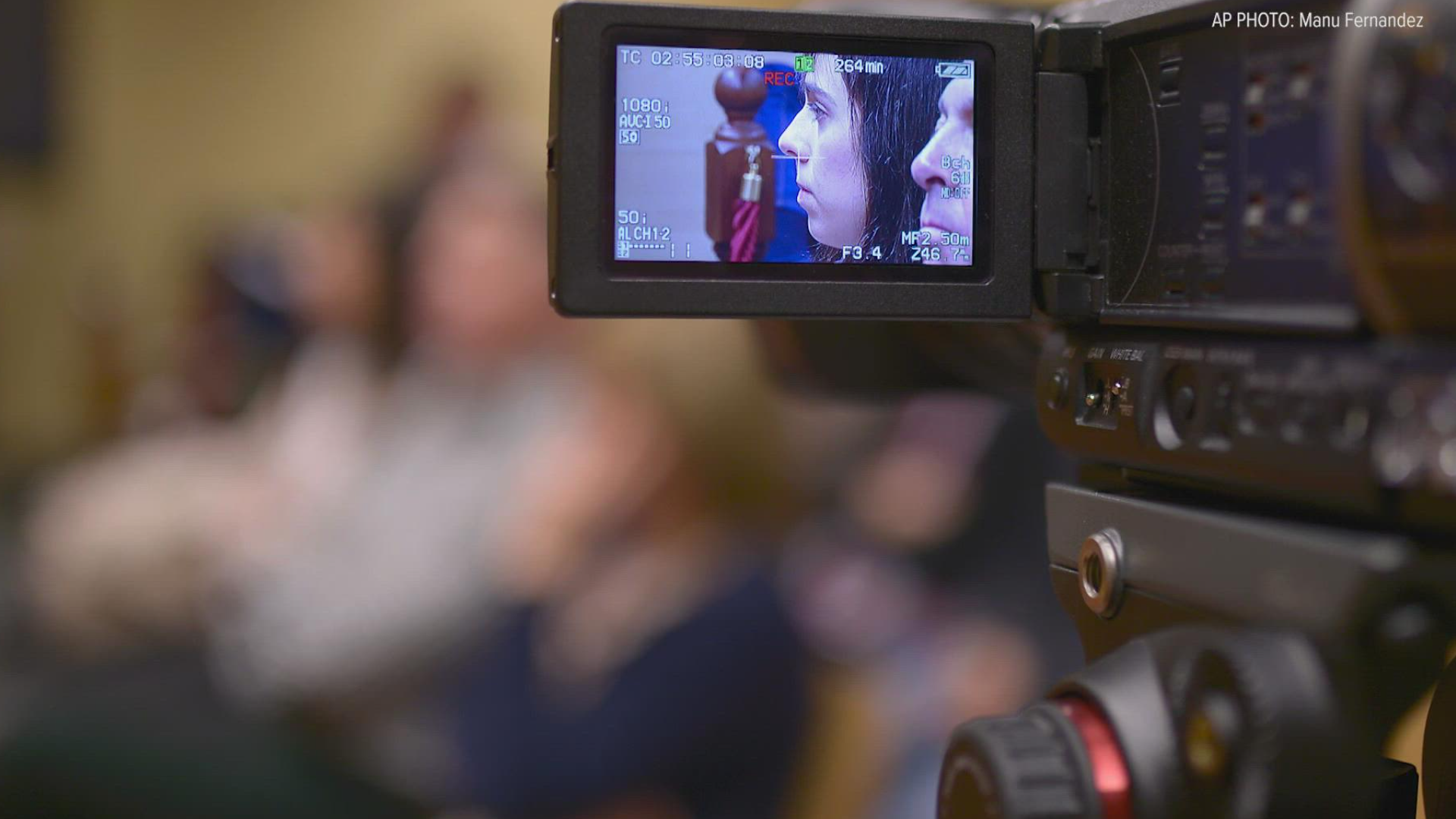INDIANAPOLIS — Of the major trials that happened across the country in 2021, key moments tend to stand out.
Parkland High School shooter Nikolas Cruz had colored pencils taken away in a Florida court during jury selection. Robert Durst, the New York real estate heir accused of murdering his best friend, glanced back at jurors prior to receiving a conviction of first-degree murder.


Last week, the nation watched as Kyle Rittenhouse cried on the stand during his homicide trial.


If any of those trials happened in Indiana, those moments would not have been seen by the general public.
A rule in the Indiana Code of Judicial Conduct, Rule 2.17, prohibits judges from allowing court proceedings to be broadcast. But a new pilot program, authorized by the Indiana Supreme Court, could change that.
On Monday, the Indiana Supreme Court authorized the project for cameras to be allowed in five trial courts starting in December 2021.
Specifically, the pilot program is permitting those five trial courts to be exempt from Rule 2.17.
The five courts allowed exemptions are Allen Superior Court, Delaware Court, Lake County Superior Court, Tippecanoe Circuit Court, and Vanderburgh Superior Court.
The pilot program also allows for rebroadcasting of any live-streamed proceedings, with approval from the judge.
A judge can also approve or deny a request for broadcast of a court proceeding. If the judge allows broadcast, the judge still has discretion to interrupt, or stop, the coverage if they think that is appropriate.
This is not the first time the Indiana Supreme Court has authorized such a program. In 1997, the court authorized a pilot project for video and audio coverage in certain courtrooms across the state. Similarly to this program, the project implemented certain restrictions, but judges had less of a say.
Jennifer Bauer, staff attorney with the Indiana Office of Court Services, said judges input is the biggest difference between the two pilot programs.
"In previous ones, the parties could say that the parties had to consent. And so not many people consented — and it was hard to do an evaluation with just a handful of proceedings. So this one, it's going to be four months. But the judge controls everything, and so we're pretty sure we'll have a good amount of things to evaluate," Bauer said.
That pilot ended in 2007, with fewer than 10 test cases.
The four-month pilot is limited to news media, and is under the discretion and authorization of the trial court judge, according to the courts.
Permission must be requested 48 hours in advance and be in writing on a court-provided form.
The broadcast pilot project was developed in conjunction with the Hoosier State Press Association and the Indiana Broadcasters Association under the direction of the Community Relations Committee and the Court Security Committee.

